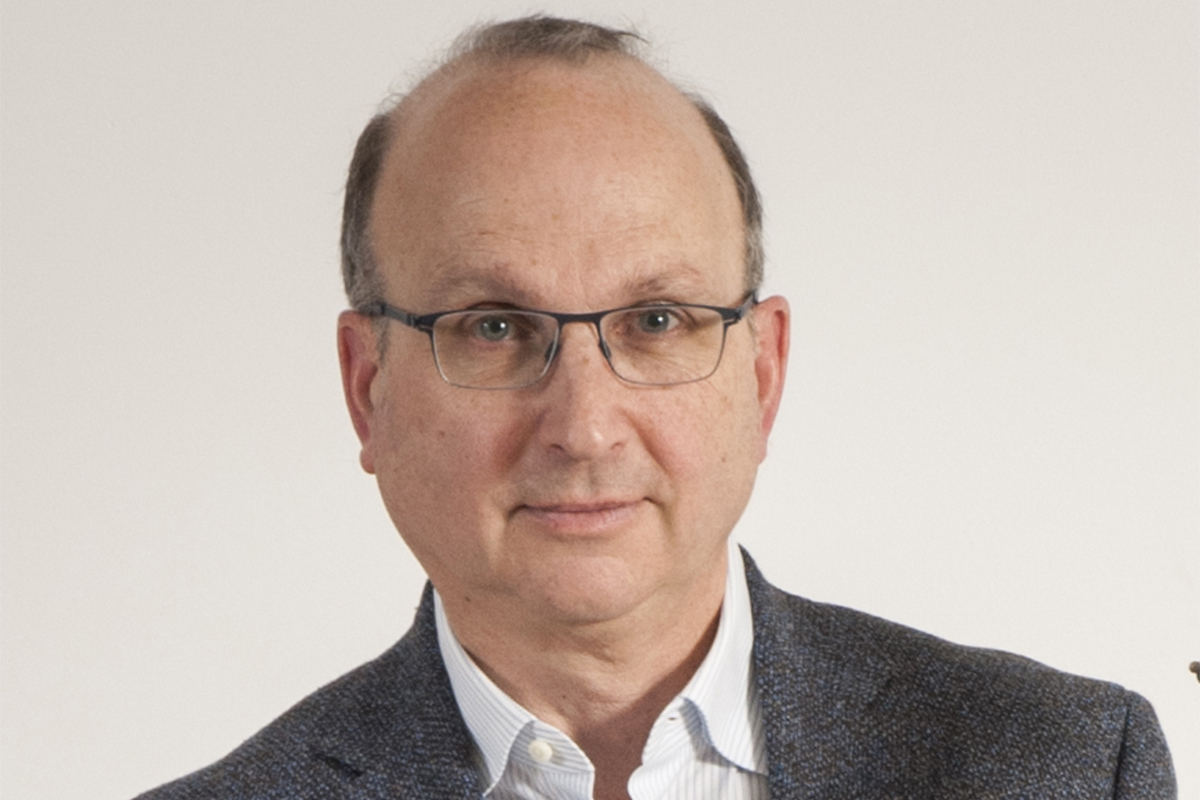Two minutes with a Scientific Director: Dr. Norman Rosenblum
Today, we spoke with Dr. Norman Rosenblum, Scientific Director of the CIHR Institute of Nutrition, Metabolism and Diabetes (INMD), to learn about the latest research advancements poised to transform patient care.

CIHR: What is the most impactful research coming out of your field?
Dr. Rosenblum: One of the most exciting areas of research right now is stem cell research for diabetes.
Type 1 diabetes affects thousands of young people, and managing the disease requires taking insulin every day, with no vacations from therapy, for life. Many people with type 2 diabetes will eventually need insulin therapy as well. Insulin treatments have come a long way and patients can live a long, full life, but it’s still a huge burden for them to have to monitor their blood sugar levels and take insulin daily.
The research innovation that is changing all this is the transplantation of insulin-producing cells to restore function. Canada is a leader in this area! The principle was established about 25 years ago in Edmonton where insulin-producing islet cells from donor pancreases were transplanted into individuals with type 1 diabetes, relieving their need to be injected with insulin as long as they were taking drugs for immunosuppression.
Although this was a major breakthrough, widespread implementation has been limited by the shortage of donor cells and by the need for continuous immunosuppressive treatments to prevent rejection. For this reason, CIHR has been funding research teams across Canada who are addressing these challenges.
The latest research is using pluripotent stem cells and programming them to produce insulin as a way to provide an unlimited, renewable source of cells for transplantation. Researchers are also protecting the cells from a patient’s immune system by either genetic modification to make them look like the patient’s own cells, or by putting them in a protective cover of biological material. These cells can then live in the patient’s body and produce just the right amount of insulin that the patient needs. Clinical trials are underway and are already starting to show promising results.
CIHR: That’s incredible. When and how will this research affect patients?
Dr. Rosenblum: It’s difficult to pinpoint an exact time—it could be within 5 or 10 years, maybe longer—but we are getting closer. When stem cell therapy becomes clinically available, it will dramatically improve the quality of life for people living with diabetes.
Working in partnership with other organizations, notably Breakthrough T1D Canada (formerly JDRF), CIHR has been steadily supporting diabetes research for many years and is also supporting the development of stem cell therapy in particular. And the researchers are homing in on the critical issues that need to be overcome to make this therapy commonplace.
We recently celebrated the 100-year anniversary of the discovery of insulin. I like to think that when we celebrate the 200-year anniversary, patients will no longer need to rely on taking insulin!
For more information, please visit the CIHR Institute of Nutrition, Metabolism and Diabetes
- Date modified: